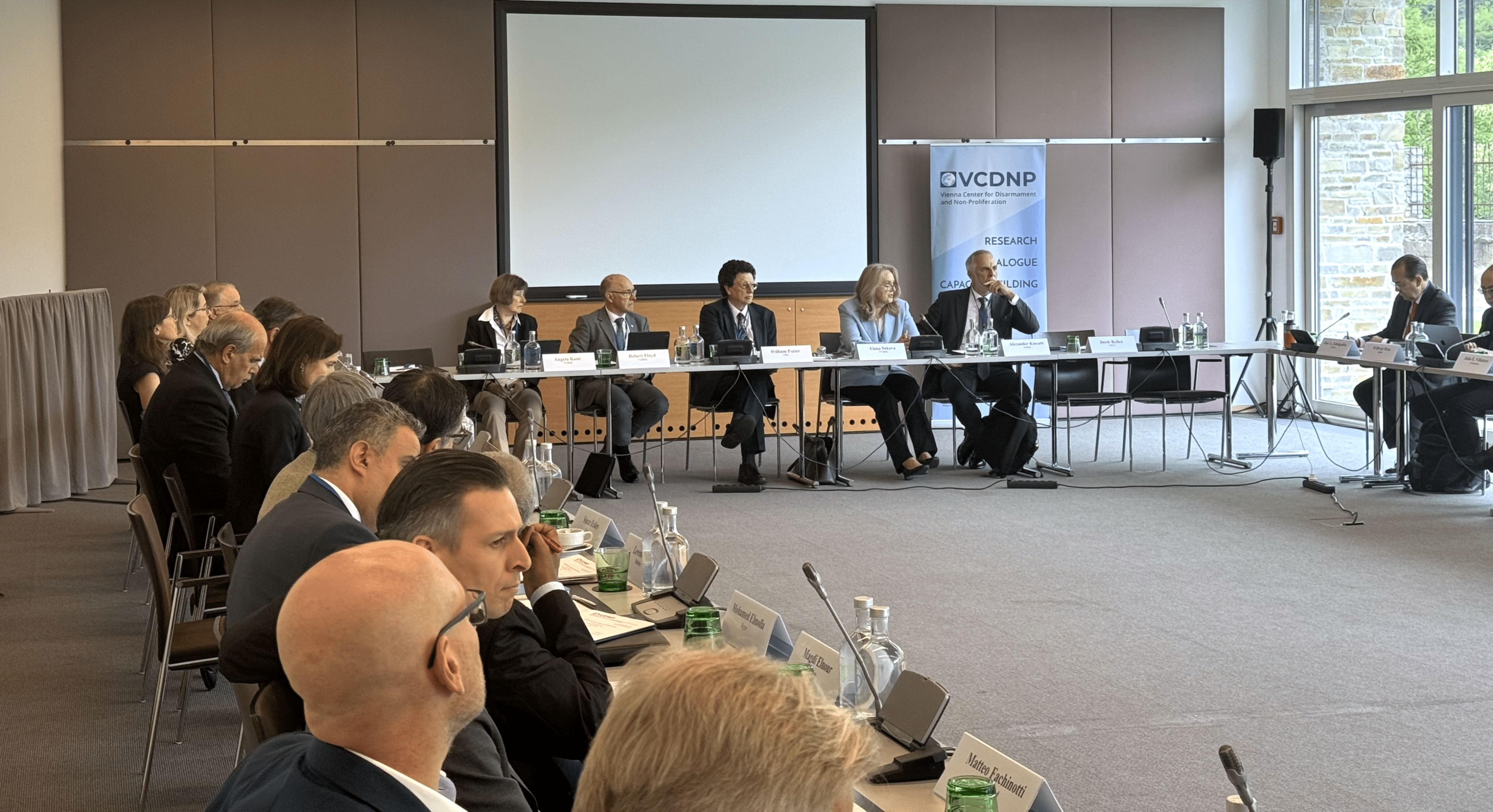
On 13 and 14 June 2024, the VCDNP held its annual diplomatic workshop in Krems, Austria. The workshop brought together 55 ambassadors and senior diplomats representing a diverse range of countries, officials of the Vienna-based international organisations, as well as non-governmental experts for timely discussions on key challenges in nuclear governance and international security.
With input from renowned experts, participants intensively discussed four thematic areas with major implications for nuclear non-proliferation and disarmament:
Changes in the international environment challenge the stability of the nuclear non-proliferation regime and its effectiveness in preventing the further spread of nuclear weapons. Participants of the workshop heard that rising geopolitical rivalry reduced the nuclear-weapon States’ willingness to compartmentalise and cooperate towards shared objectives – a contrast to the Cold War when the United States and the Soviet Union collaborated on risk reduction and arms control despite their tense relationship. Today’s lack of cooperation was compounded by the rise of populism, fuelling ressentiments against diplomatic compromise.
At the same time, rising risk of nuclear weapons use had renewed a sense of urgency for action that might translate to risk reduction wins, potentially on no-first-use policies or the safety and security of arsenals in the face of cybersecurity threats. Participants agreed that the taboo on nuclear use must urgently be strengthened, and that middle powers could play a greater role on this by filling the leadership gap left by the major powers, though it was also cautioned not to shift the responsibility to disarm from the countries possessing nuclear weapons.
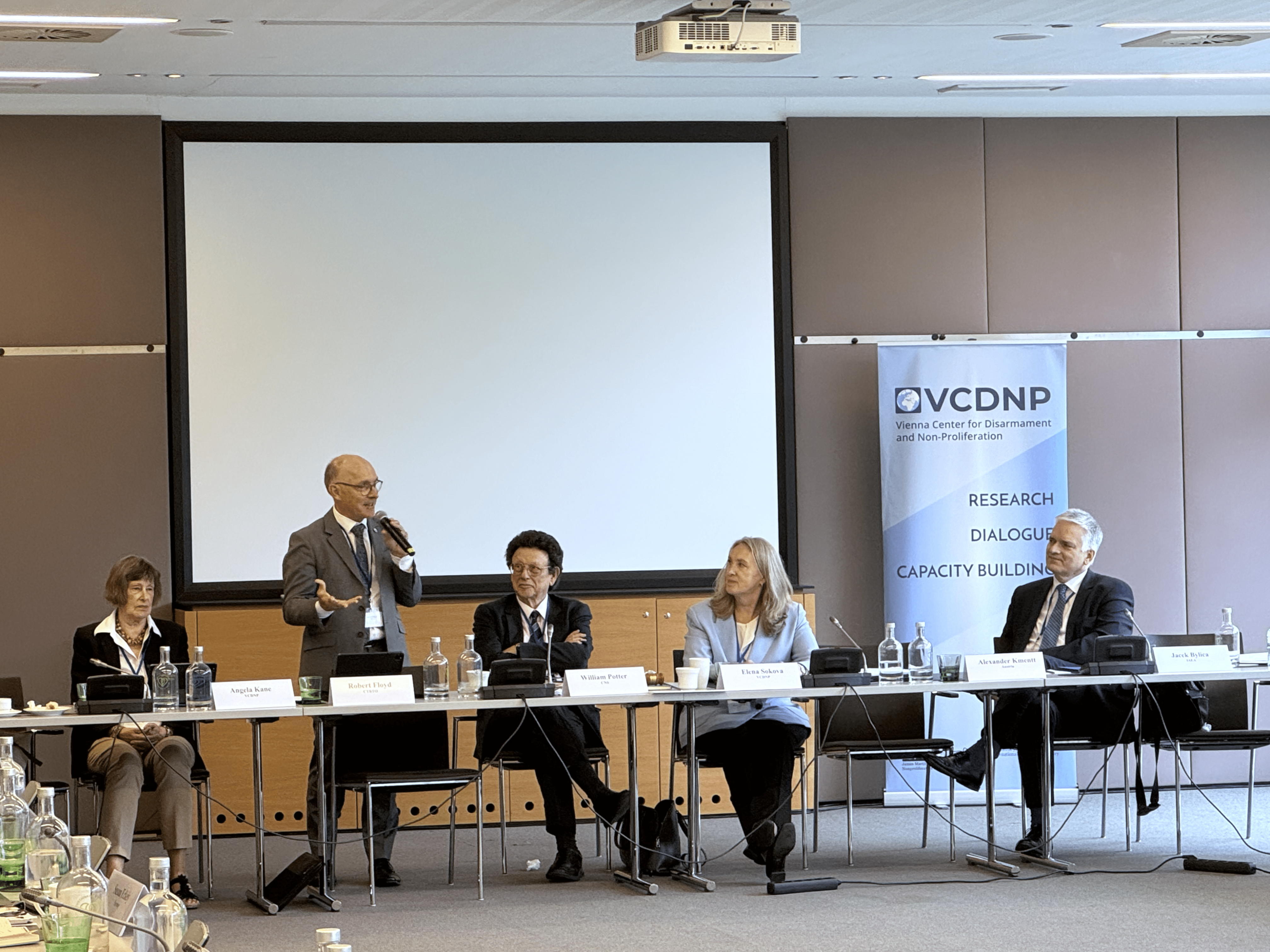
Additionally, participants compared the benefits and drawbacks of decision-making by voting vs. consensus. It was said that, while voting was a way to achieve greater efficiency and respond to attempts to obstruct decision-making, frequent voting might drive away key parties from multilateral nuclear diplomacy. Other ideas discussed included preventing separate thematic documents in the NPT review process to avoid ‘cherry-picking’, and capitalising on non-governmental expertise by making the review process more open and inclusive.
Conversations around the upcoming PrepCom meeting in Geneva revolved around long-standing divisions along all three pillars of the NPT. Part of the discussion focused on enhanced arsenal transparency and reporting on disarmament progress by the nuclear-weapon States. Those frustrated with the increasing salience of nuclear weapons in national defence despite the known risks and humanitarian consequences stressed that progress on transparency and reporting was key to maintaining faith in the Treaty.
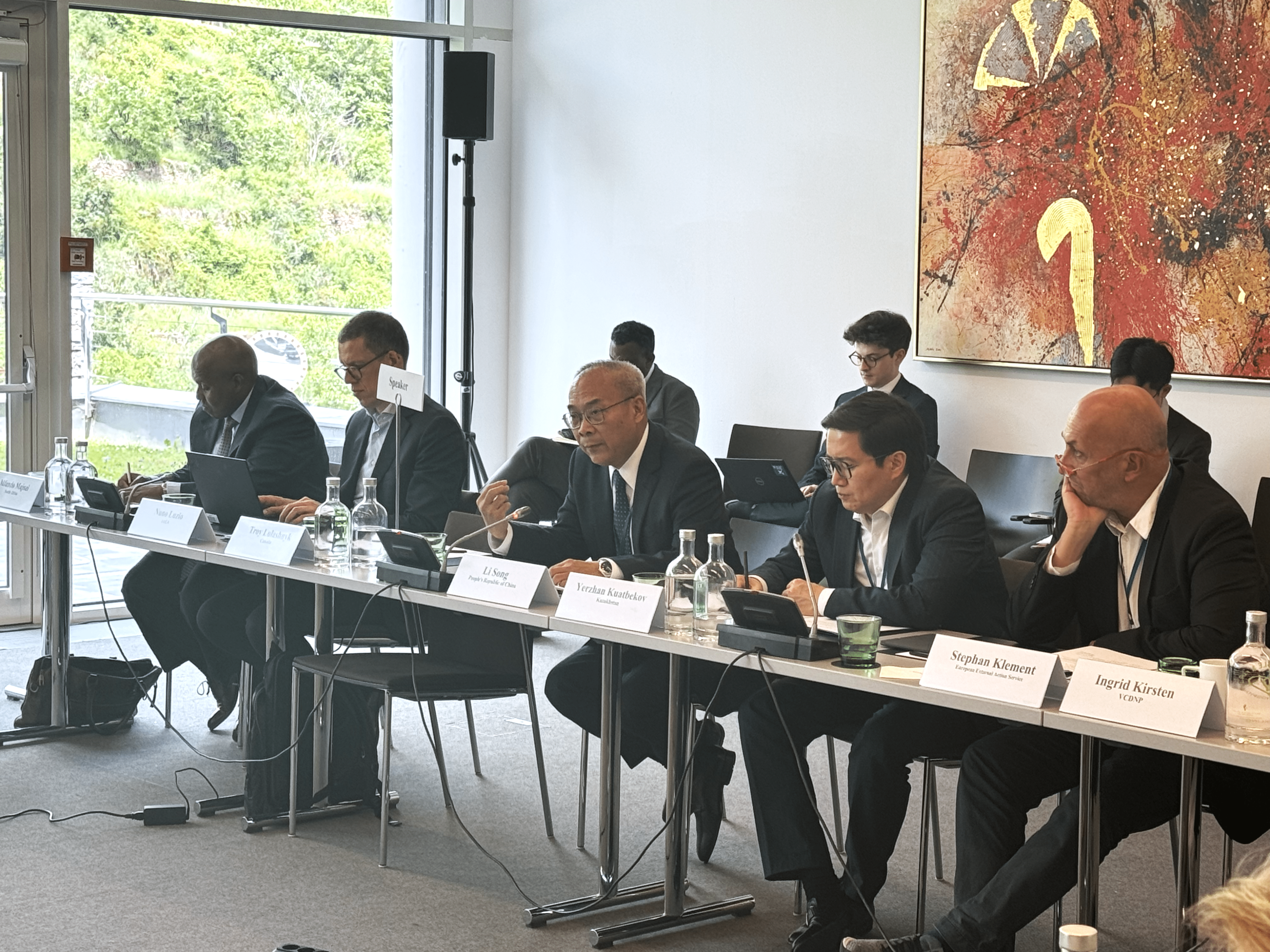
Participants stressed the importance of a re-commitment by the P5 against nuclear war, as adopted in January 2022, and of a follow-up arms control agreement between the United States and Russia after the expiration of New START in 2026. It was emphasised that all nuclear-weapon States must engage on lowering the risk of nuclear escalation. Participants also heard about a recent Swedish initiative to facilitate a framework for collaboration on concrete risk reduction measures between interested countries.
Participants agreed that the IAEA’s capacities must keep up with its expanding workload of safeguarding growing amounts of nuclear material in civilian use around the world. Global South participants emphasised in particular the urgency of increasing the Agency’s resources for deploying nuclear technologies to eradicate world hunger and meet other development challenges.
Participants discussed the themes and results of the 2024 International Conference on Nuclear Security, held from 20 to 24 May in Vienna. Overall, the Conference demonstrated broad international recognition that nuclear security plays an important role in facilitating peaceful uses of nuclear energy. ICONS 2024 saw major new themes adopted into the draft Ministerial Declaration, including security questions arising over new reactor designs and their deployment, the role of nuclear security in facilitating climate-friendly energy solutions, security during the transport of nuclear material, and the interfaces between nuclear safety and security.
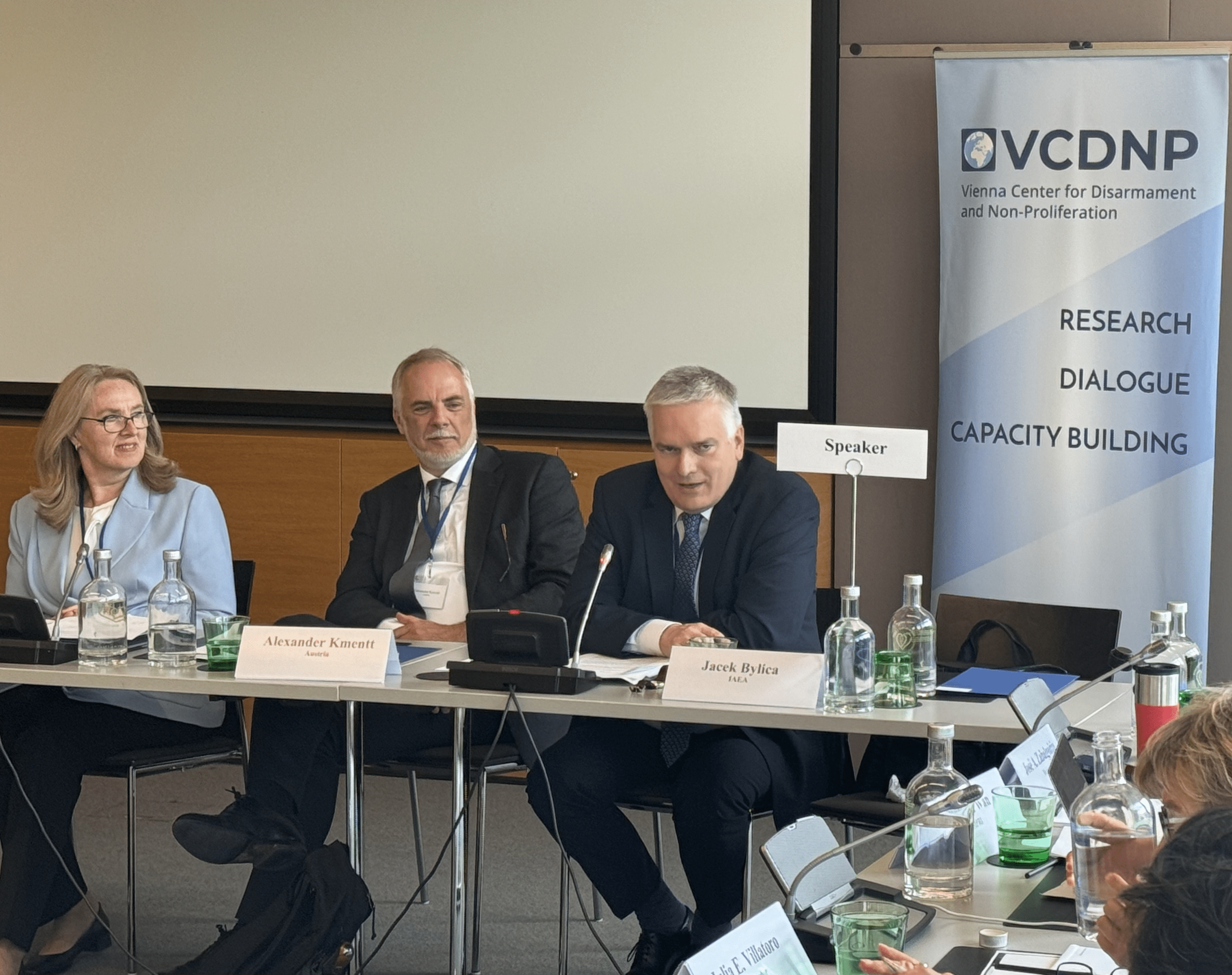
Other areas of focus were securing a capable nuclear security talent pipeline, worldwide capacity-building for effective nuclear security programmes, and addressing new risks posed by artificial intelligence, cyber interference, and drones. Participants also noted concerns about existing rules and guidelines being unable to address nuclear security in armed conflict and about declining contributions to the IAEA’s Nuclear Security Fund.
Others placed a priority focus on greater efforts to rapidly deploy small modular reactors to help developing countries meet their growing need for reliable energy. Additionally, there was discussion about the long-held view by some that nuclear security hampered access to peaceful uses and about concerns over a lack of progress in reducing the amount of weapons-usable material in military uses.
The workshop dedicated two sessions to the risks of AI applications in nuclear weapons systems, AI opportunities for enhancing nuclear safeguards and verification, as well as approaches to AI regulation. Participants were briefed on how AI integration in nuclear weapons could affect deterrence. AI-driven data processing may compress decision timelines and reduce human operators’ flexibility and initiative to intervene as their sense of ownership wanes. At the same time, there are promising AI use cases for enhancing nuclear safeguards. Next to business processes, such as HR and translation, AI technologies can improve the accuracy of monitoring in nuclear facilities.
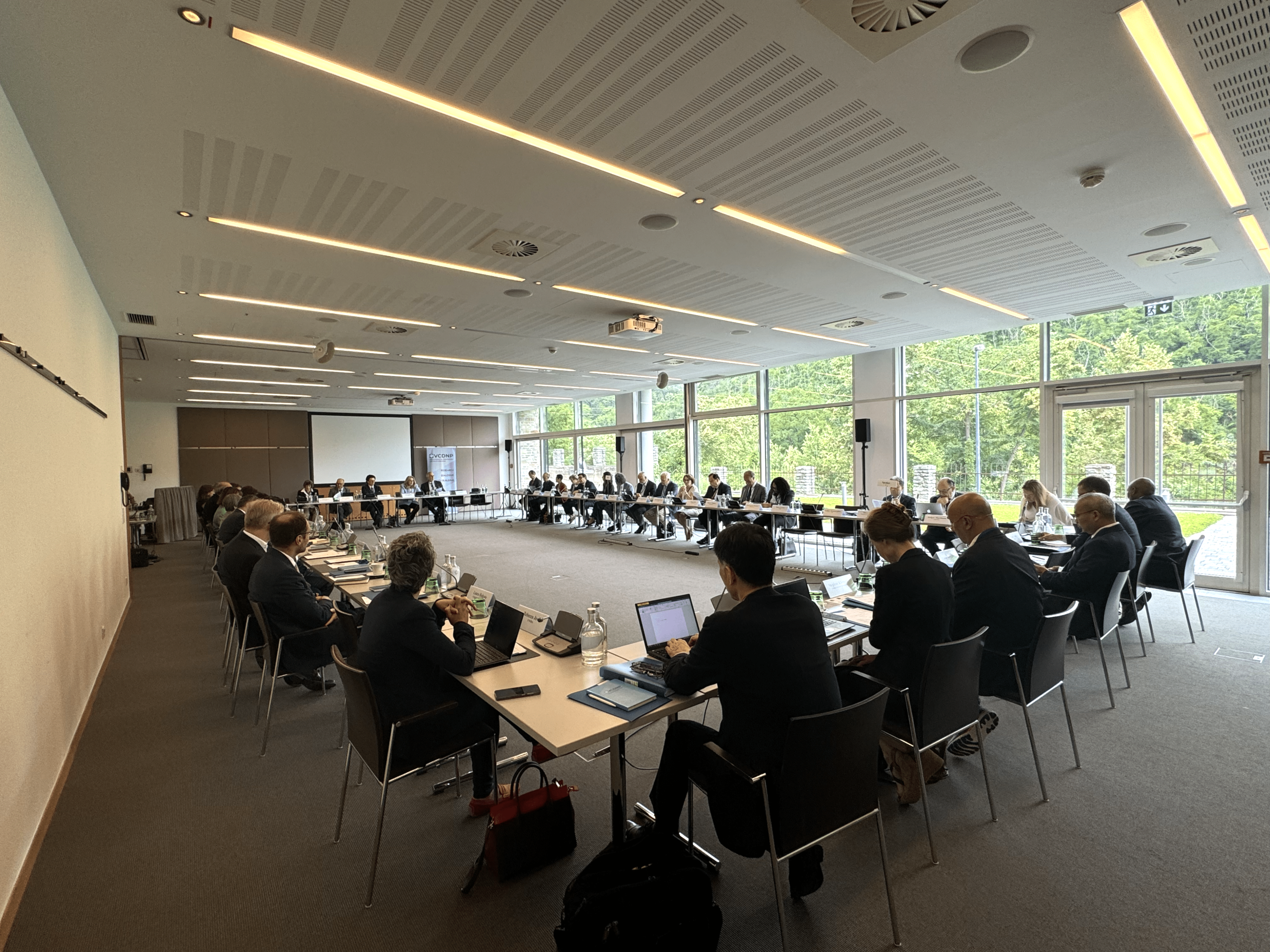
The conversation highlighted the glaring global inequalities in access to AI technologies given that 2.6 billion people do not yet have access to the internet and that AI developers are concentrated in the Global North. This may also limit developing countries’ access to international decision-making on setting guidelines and restrictions on AI applications.
Participants discussed the successive efforts of regulating AI, including in UN forums. One focus of the discussion was on regulating autonomous weapons. A key challenge was that the communication links needed for remote-controlled systems are more vulnerable to attack, making autonomy more attractive. The advent of ‘machine war’ introduced new scenarios, more uncertainty, and a higher risk for escalation. Other issues discussed included raising developers’ awareness for AI risks as well as verification and enforcement of future agreements on limiting military applications of AI.
This workshop was made possible thanks to the generous support of the Carnegie Corporation of New York.








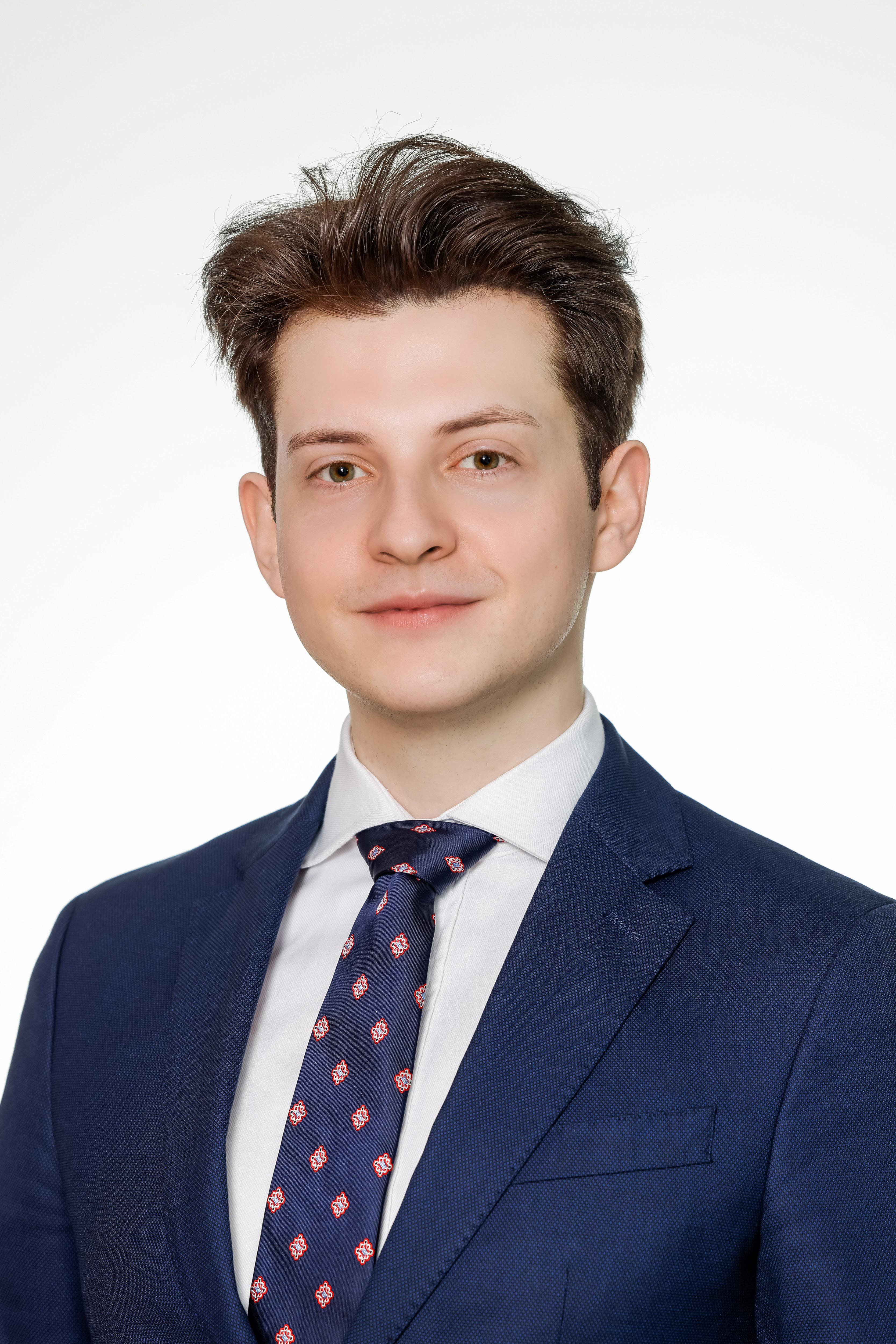

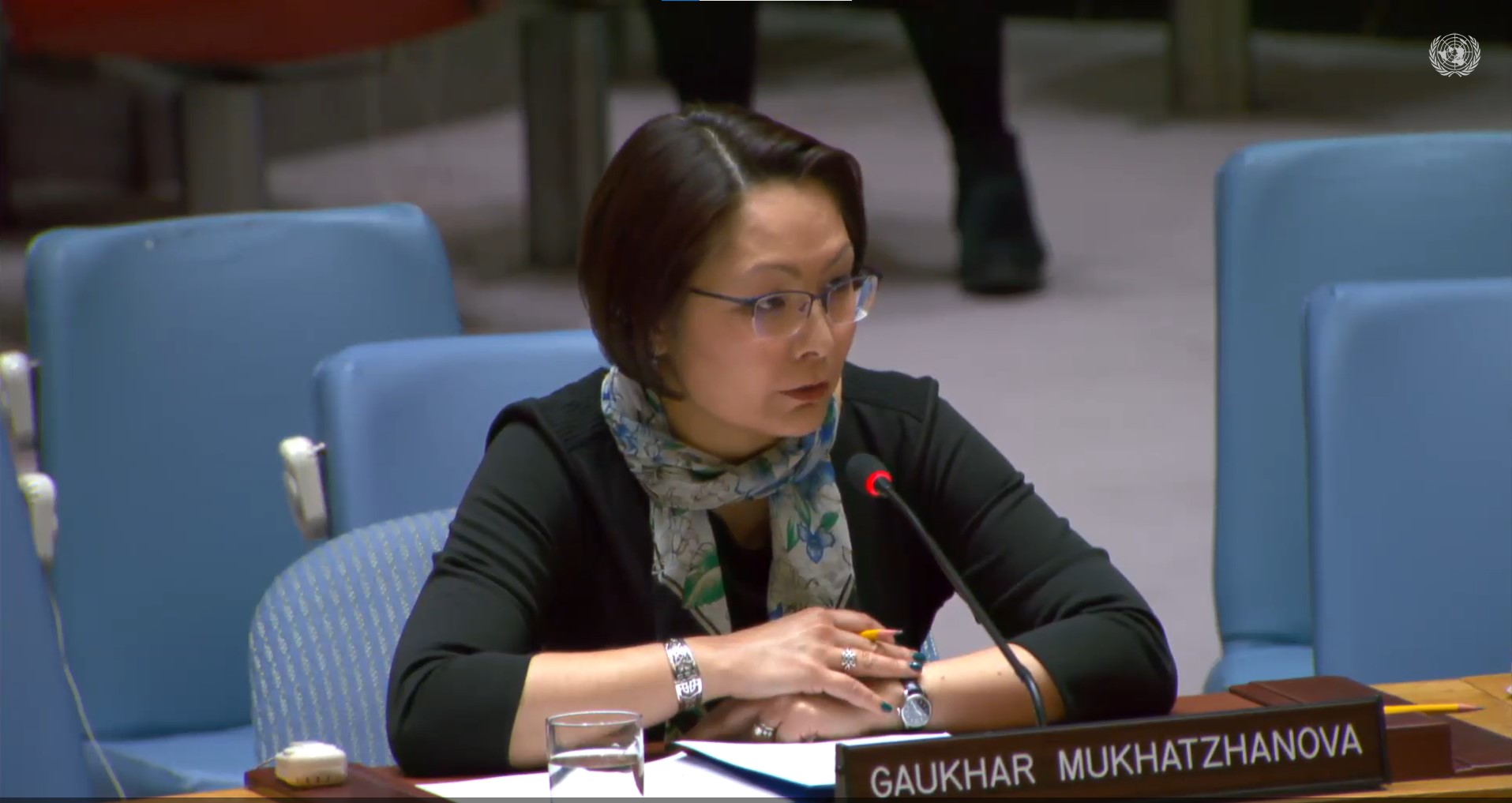
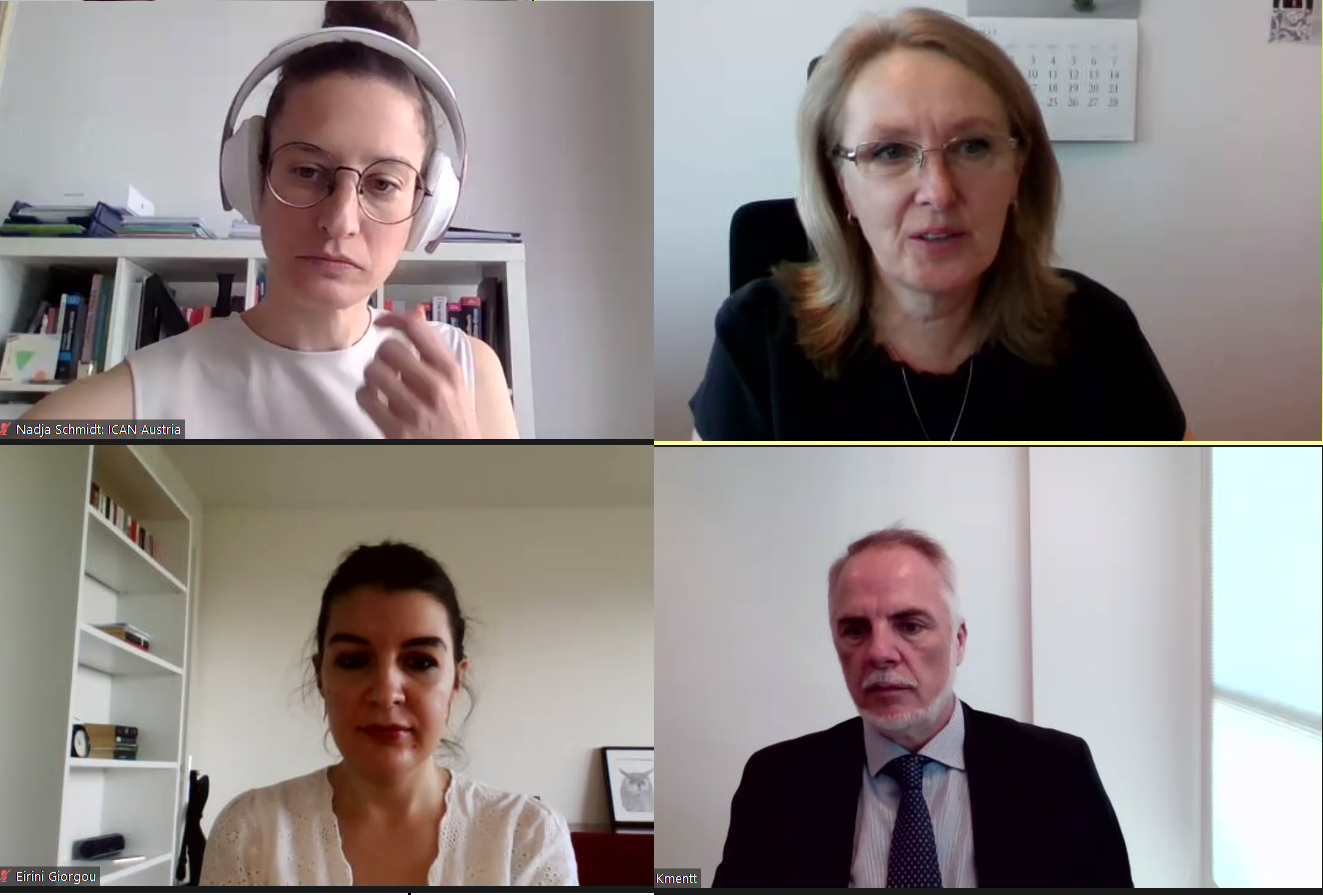
By continuing to use the site, you agree to the use of cookies. more information
The cookie settings on this website are set to "allow cookies" to give you the best browsing experience possible. If you continue to use this website without changing your cookie settings or you click "Accept" below then you are consenting to this.